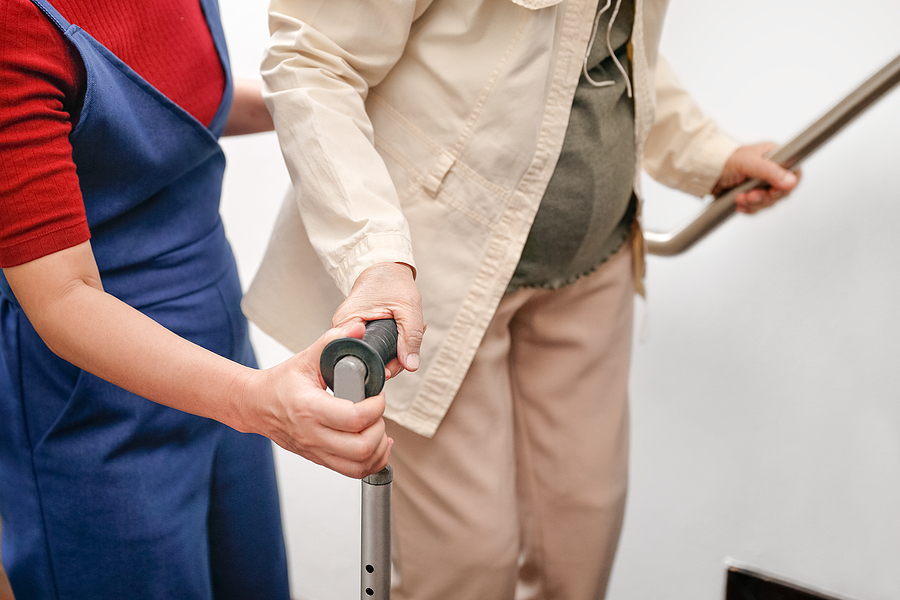When families hear the word “hospice,” many imagine it solely as a last resort for the final days of a loved one’s journey. However, research and experience show that hospice care offers much more than that – it’s a comprehensive approach that can not only help seniors live longer, more comfortable lives while nurturing both body and spirit, but also support surviving family members.
Let’s break down how hospice care can help seniors and their families embrace life in their final months.
What is Hospice Care?
Hospice care is a specialized approach to medical support that prioritizes comfort, dignity, and quality of life for individuals facing serious illnesses – regardless of age. Here’s what you should know:
- Hospice is not a place – it’s a philosophy of care. It can be provided wherever the patient feels most at home, including private residences, senior living communities, or other care settings.
- It’s typically recommended when life expectancy is six months or less. However, many individuals benefit from hospice care for longer periods of time.
- Hospice is a Medicare benefit and an earned entitlement. Patients have already paid into this benefit throughout their working years. It’s available at no cost when it’s needed most, and is your right – created to offer compassionate support to both patients and their loved ones during a profoundly meaningful time.
- More than 1.7 million Medicare beneficiaries received hospice care in 2022 (NHPCO), reflecting the growing recognition of its value in helping people live fully, even in life’s final chapter.
Personalized Hospice Care
Hospice Care is personalized. A team of professionals – including doctors, nurses, aides, and chaplains – work together to manage symptoms, relieve pain, and provide emotional and spiritual support. This care can be provided either in-home or at a senior living facility, but commonly includes services such as:
- Tailored care plans
- Pain and symptom management
- Help with daily care needs
- Medication management
- Emotional and spiritual support for both patients and family
- Grief support for family members, both before and after loss
- Medical supplies, equipment and prescriptions are provided when related to the reason for hospice
How Does Hospice Care Help?
Hospice provides patients and their family with more than just professional services. This care can provide the support needed to help patients embrace life in their final months and help everyone make the most out of this difficult time. There are a variety of benefits that hospice can help patients and their families:
- More time: Research shows that hospice can help patients and their loved ones have more time together. According to the National Hospice and Palliative Care Organization (NHPCO), hospice patients lived an average of 29 days longer than those without hospice care.
- Better quality of life: Hospice care offers the support needed to help patients experience comfort and dignity in their remaining time. From pain management to chaplaincy services, hospice can address both physical and emotional needs to help patients live as fully and comfortably as possible,
- Reduced hospitalizations: With effective symptom management at home, patients often experience fewer emergency room visits and hospital stays, leading to a more peaceful and controlled environment.
- Caregiver support: The end-of-life journey can be a draining experience for loved ones, both physically and emotionally. Hospice assists families both during and after this experience.
When to Consider Hospice
The decision to begin hospice care is deeply personal, but understanding when to have this conversation is important. Many healthcare professionals suggest considering hospice when:
- A doctor gives a prognosis of six months or less.
- Curative treatments are no longer effective or desired.
- Multiple hospitalizations occur in a short period.
- Pain or symptoms are becoming more difficult to manage.
- Quality of life is declining despite medical interventions.
- Your loved one expresses a desire to focus on comfort rather than cure.
Remember that choosing hospice doesn’t mean giving up hope – it means redefining hope to focus on quality of remaining life.
Where Did Hospice Begin?
Modern hospice care was pioneered by Dame Cicely Saunders, a nurse, social worker, and physician in the United Kingdom who founded the first modern hospice in 1967. Her vision was rooted in dignity, compassion, and honoring each person’s life journey.
“You matter because you are you, and you matter to the end of your life.
We will do all we can, not only to help you die peacefully, but also live until you die.”
— Dame Cicely Saunders
Her philosophy continues to inspire hospice caregivers around the world today – including here at National Church Residences.
Hospice Support in Central and Southern Ohio
If your loved one needs hospice care in central or southern Ohio, National Church Residences can help. We provide hospice services 24/7/365, both at home and at independent living facilities located in 17 counties stretching from Columbus to the Ohio River. Find a community that’s close to you or give us a call at 844-465-6063 to talk to one of our friendly staff members today.
Explore Our Hospice Services Locations







